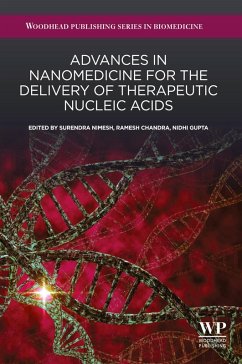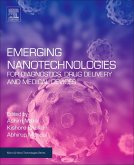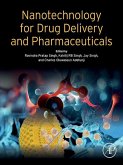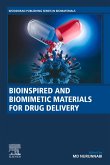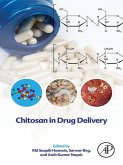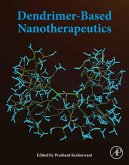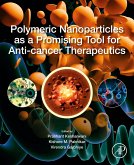The design and development of nucleic acid-based therapeutics for the treatment of diseases arising from genetic abnormalities has made significant progress over the past few years. NAs have been widely explored for the treatment of cancer and infectious diseases or to block cell proliferation and thereby caused diseases. Advances in synthetic oligonucleotide chemistry resulted in synthesis of NAs that are relatively stable in in vivo environments. However, cellular targeting and intracellular delivery of NAs still remains a challenge. Further development of NA-based therapeutics depends on the progress of safe and effective carriers for systemic administration. Nanomedicine has facilitated availability of vectors with diminished cytotoxicity and enhanced efficacy which are rapidly emerging as systems of choice. These vectors protect NAs from enzymatic degradation by forming condensed complexes along with targeted tissue and cellular delivery. During the past few years, a myriad reports have appeared reporting delivery of NAs mediated by nanoparticles. This book will provide an overview of nanoparticles being employed in the in vitro and in vivo delivery of therapeutically relevant NAs like DNA, siRNA, LNA, PNA, etc.
- Provides a complete overview of the applicatiosn of nanomedicine in the delivery of nucleic acids, from characterization of nanoparticles, to in vitro and in vivo studies
- Discusses delivery issues of less well explored nucleic acids, like PNAs, Ribozymes, DNAzymes, etc.
- Summarizes the current state of research in nucleic acid delivery and underscores the future of nanomedicine in this field
Dieser Download kann aus rechtlichen Gründen nur mit Rechnungsadresse in A, B, BG, CY, CZ, D, DK, EW, E, FIN, F, GR, HR, H, IRL, I, LT, L, LR, M, NL, PL, P, R, S, SLO, SK ausgeliefert werden.

